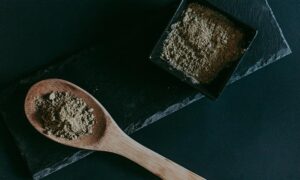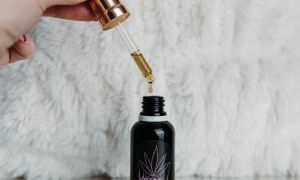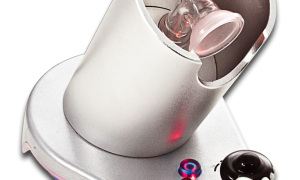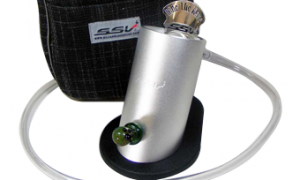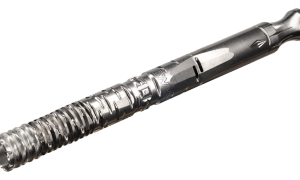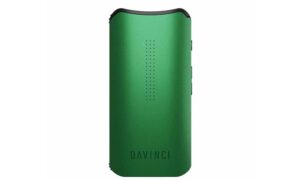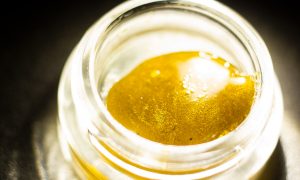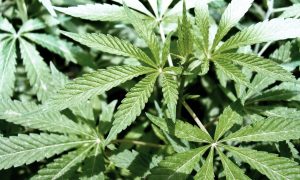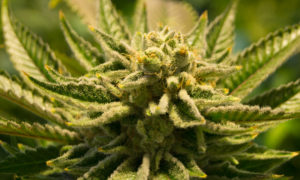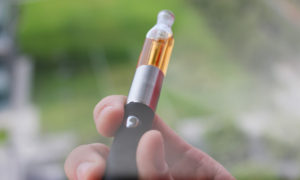The stereotype of the stoner as a face-stuffing slob has taken a disappointingly firm grip on contemporary culture. Whatever TV channel you flick to, there’s another weed-addled doofus piling peanut butter onto smores or making some other ungodly concoction of carbs and sugar, and the image has become a shorthand way to describe all those who imbibe.
Indeed, the signifier has become so mainstream that it has actually influenced and integrated itself into films for children – even this year’s Storks, an otherwise quaint and harmless film about birds delivering babies, featured a slobby bag of guts directly modelled on the red-eyed eating machine stereotype.
And yet, statistically, such a depiction is simply not supported by the facts. In fact, a recent study from the University Of Nebraska published in the American Journal of Medicine has discovered that those who smoke regularly have higher levels of good cholesterol and have a lower body mass index, even though it has been proven that stoners tend to eat slightly more than the population at large.
So, smoking weed not only makes one less likely to put on weight, having a good toke has been scientifically proven to be its own kind of diet plan. Researchers aren’t even really sure why, adding a good ol’ fashioned sense of mystery to the entire proceedings.
Of course, there are those who deliberately cultivate and develop weed diets, and the eating plans of “healthy stoners” are plastered all over the internet. Beef jerky is recommended as the most healthy thing to munch on, high as it is in protein, as are a range of significantly less appetising dishes offered up by Google and stoner self-help bloggers. Questionable suggestions include tapioca pudding, the arch-enemy of all teenagers whose parents force ’em to eat high school cafeteria lunches, and cashews, the arch-enemy of all those with dry mouths.
Others argue that the best way to stay slim while smoking is by preparing your snacks in advance, utilising the full cognitive range of your sober mind. Don’t eat impulsively or go wild, they say: lay out everything you’re going to munch on before the munchies hit, lest you eat your way through your cupboards.
But even without these strict dietary plans, you’re gonna lose weight by smoking. So why then does pop culture go the other way, and suggest a direct interaction between weed and weight? The answer has less to do with food and more to do with the “overton window” of what the public at large deems to be acceptable. Despite the fact that it is much more closely associated with weight gain, alcohol is a mainstream drug, and is therefore excused and made up for in a way that weed and other ‘illicit’ substances just aren’t.
The stereotype of the alcoholic rests on the image of someone who makes bad choices and acts impulsively, but such a stand-in signifier doesn’t touch on the range of health issues that alcohol leads to. There are documented cases of morbid obesity that stem from unhealthy drinking, and all alcohol is unhealthy in terms of your BMI, even the tasteless drinks that get peddled as dietary aids, utter wastes of time like vodka, soda and lime. The problem isn’t the mixers: it’s the alcohol itself, a substance that leads to water retention and a range of other issues that directly affect the number you see staring up at you when you hop onto the scales.
So the next time some buffoon flicks you some cartoon featuring a dickhead in trackies eating microwaved blocks of cheese, or you catch a film featuring a James Franco-type munching their way up to a heart attack, just remember: you’re being fed straight bullshit, the kind of rubbish that scientists dismissed out of hand yonks ago.







